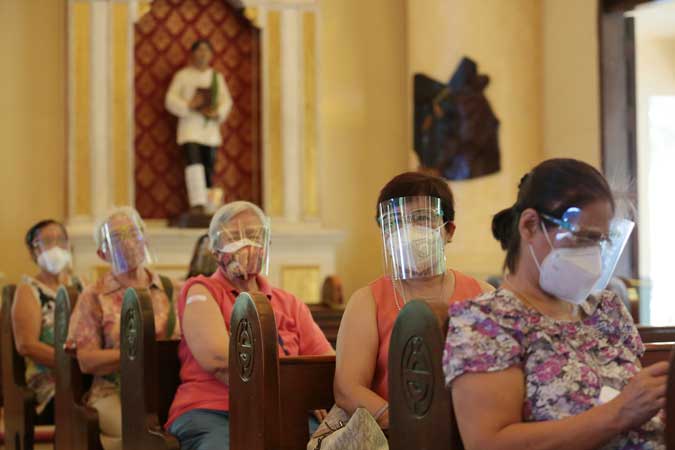
THE growing number of Delta variant infections in the country, coupled with the hard lockdowns, will likely slow down the Philippine economy’s recovery for the rest of the year, the ASEAN+3 Macroeconomic Research Office (AMRO) said.
AMRO’s economist for the Philippines Zhiwen Jiao said the economy’s 11.8% growth in the second quarter signaled signs of recovery but the momentum may have slowed due to the resurgence in coronavirus cases and renewed lockdowns.
“Given that the Philippines is a service-oriented economy, with a large share of economic activities concentrated in Manila, the latest tight pandemic restrictions in the capital will inevitably slow the country’s economic recovery,” Mr. Jiao said in an e-mailed response on Thursday.
AMRO will consider these developments in reassessing the gross domestic product (GDP) growth forecast for the Philippines, he said.
The regional macroeconomic surveillance organization slashed its 2021 growth projection for the Philippines to 6.4% in June from the previous 6.9% forecast in March.
Metro Manila and other parts of the country are again under the strictest form of lockdown until Aug. 20 to curb the spread of the highly contagious Delta variant of coronavirus disease 2019 (COVID-19).
The Health department reported 12,439 new COVID-19 infections on Thursday, bringing the total number of active cases at 87,663.
An additional 177 Delta variant cases were also reported on Thursday, of which 90 were in the National Capital Region. Total Delta variant cases now stand at 627.
“As for the second half of this year in particular, the biggest threat to growth is still COVID-19 infection rates. The country urgently needs faster vaccinations to reach herd immunity so that the economy can open up safely, and businesses can operate with a degree of normalcy.”
IHS Markit Asia Pacific Chief Economist Rajiv Biswas also warned that the tighter restrictions and a lack of adequate vaccine supplies will slow down the Philippines’ recovery momentum over the near term.
The government has administered 24.45 million doses of COVID-19 vaccines as of Aug. 8, with 11.4 million fully vaccinated against COVID-19. This is still far from the government’s target to vaccinate 70 million or the entire adult population by end of this year to achieve herd immunity.
Mr. Biswas said the economy will likely grow by around 5-6%, barely hitting the government’s GDP growth target of 6-7% for the year.
The Department of Finance (DoF) likewise acknowledged the impact of the Delta variant outbreak on the economy, especially on the labor market.
“The subsequent re-imposition of stricter quarantine measures in August will have consequences on the nascent green shoots. Such measures are nevertheless precautionary in nature to prevent the much greater evil of spikes in daily cases,” the DoF said.
The unemployment rate stood at 7.7% in June, with 359,000 jobs created.
For 2022, AMRO and IHS Markit both see a brighter outlook for the Philippines, on expectations that the pandemic will be contained.
“GDP growth should prove robust in 2022, even if growth is dampened by the lockdowns this year, because the outbreak will likely be better controlled next year. We also anticipate that the government will provide stronger policy support,” Mr. Jiao said.
Mr. Biswas said the latest Philippine manufacturing PMI survey indicated improving output expectations for the industry in the next 12 months.
“The gradual progress of the COVID-19 vaccination program has underpinned hopes of a return to normality over the next 12 months. Stronger GDP growth of around 7.7% year on year is expected in 2022, as the pandemic is gradually restrained by widening vaccine rollout in the Philippines, resulting in more normal economic conditions,” he added.
The government is targeting a 7-9% economic rebound next year. — Beatrice M. Laforga
Philippines faces sluggish recovery as Delta threat rises
Source: Bantay Radio
0 Comments